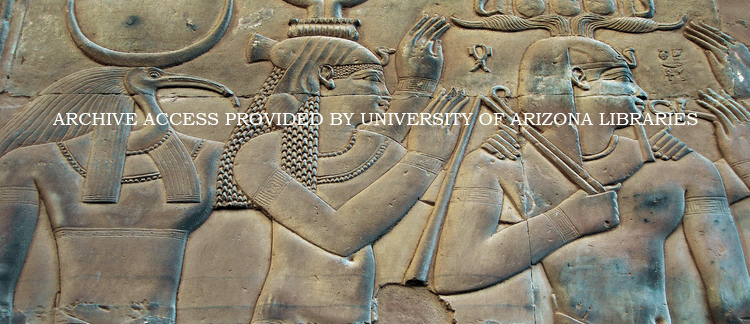Abstract
Throughout most of its history the discipline of Egyptology has incorporated some form of anthropology, ranging from physical anthropology and cultural anthropology to anthropological archaeology. In the last few decades Egyptologists have become much more aware of the critical discourses that take place in sociology, anthropology and anthropological archaeology worldwide. The debates around poststructuralist, postcolonial, and gender theory are important for the development of the epistemology of the discipline, and should result in adaptations of how we do, think and teach Egyptology. The attitude of European and Euro-American Egyptologists towards Egyptian colleagues and the communities living in the vicinity of archaeological sites has changed, but in many cases it is unclear how the theoretical underpinnings of Egyptological interpretations relate to the every-day scholarly and archaeological practice. This paper explores how we can use ethnoarchaeology and experimental archaeology to move from doing lip service to community archaeology, to integrating local communities fully in our work. Being serious about community archaeology requires mutual understanding, mutual benefit and a mutual effort.
How to Cite
Wendrich, W., (2018) “Mutuality in Exploring the Past: Ethno-Experimental and Community Archaeology”, Journal of Ancient Egyptian Interconnections 17(1), 188-201.
595
Views
542
Downloads
